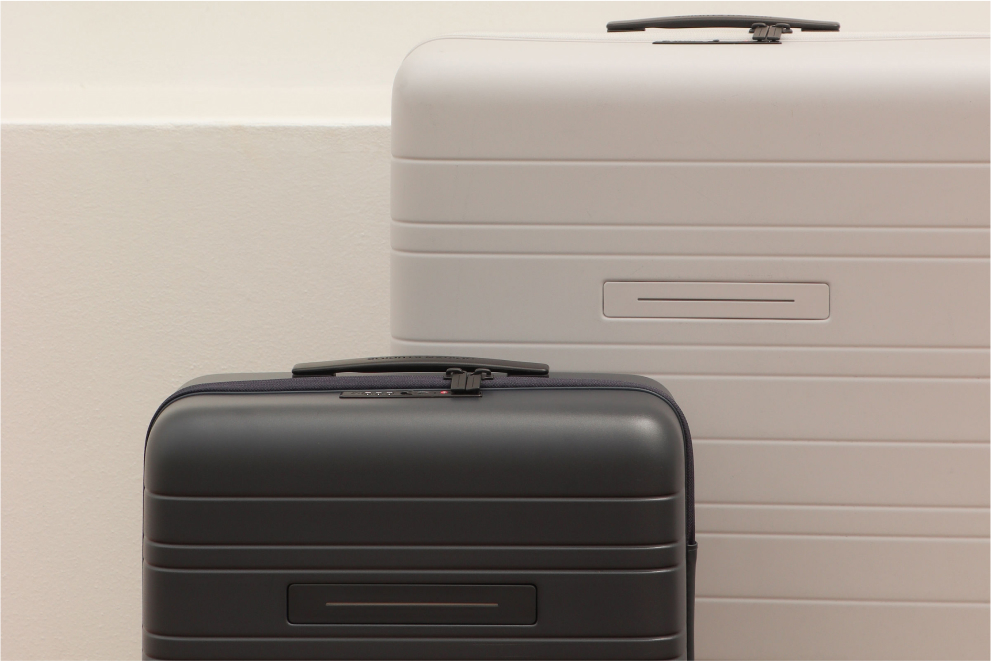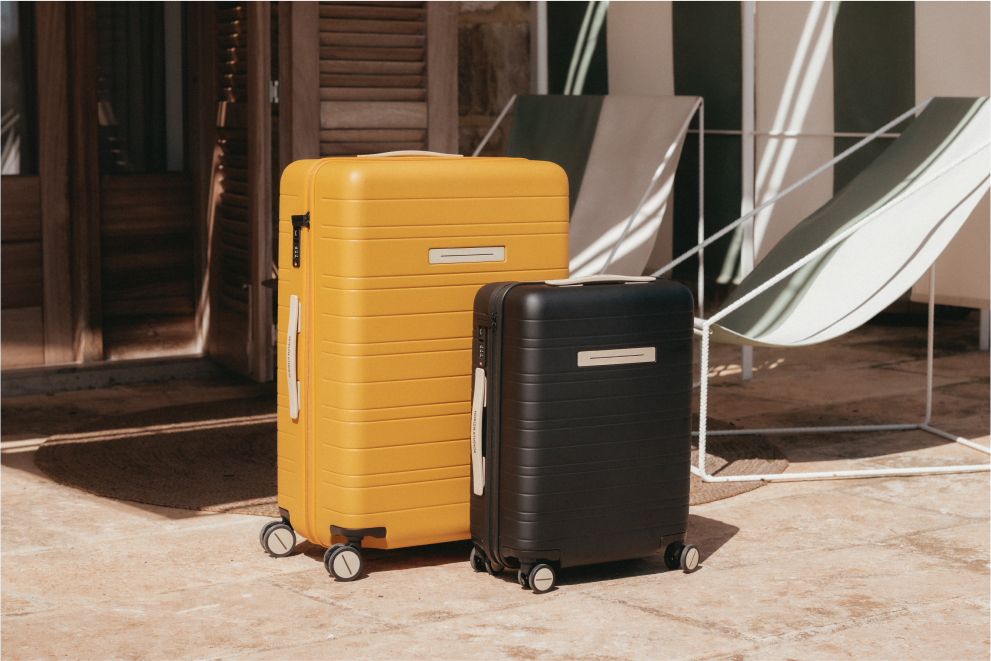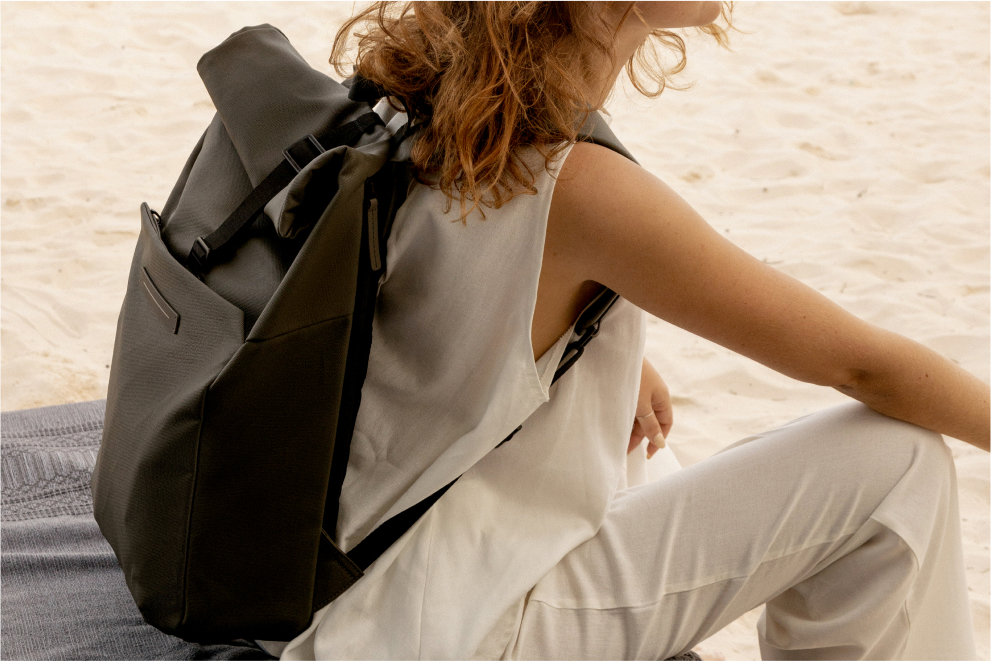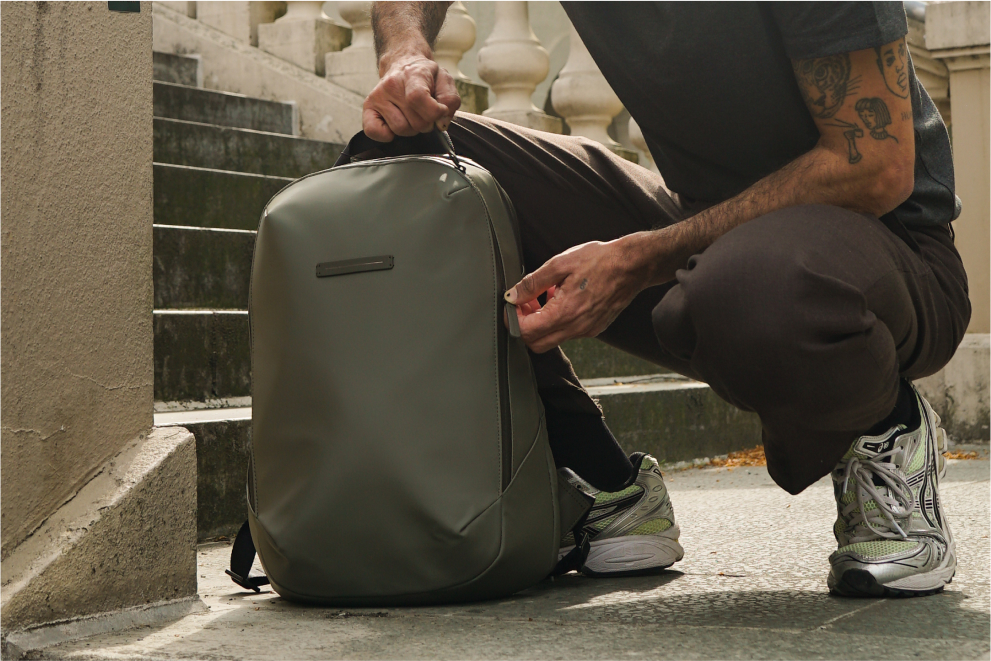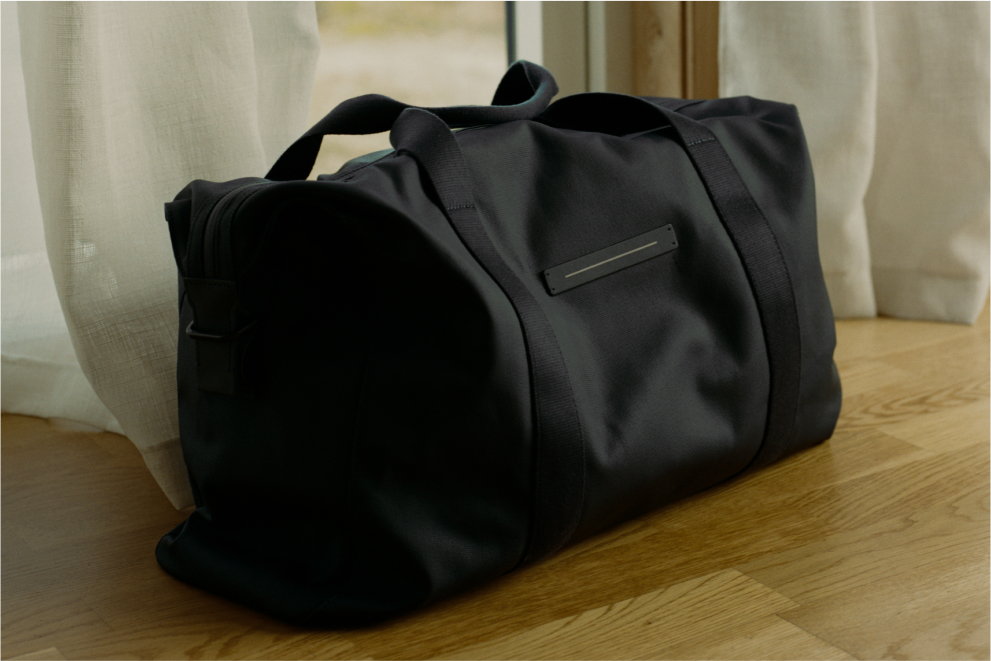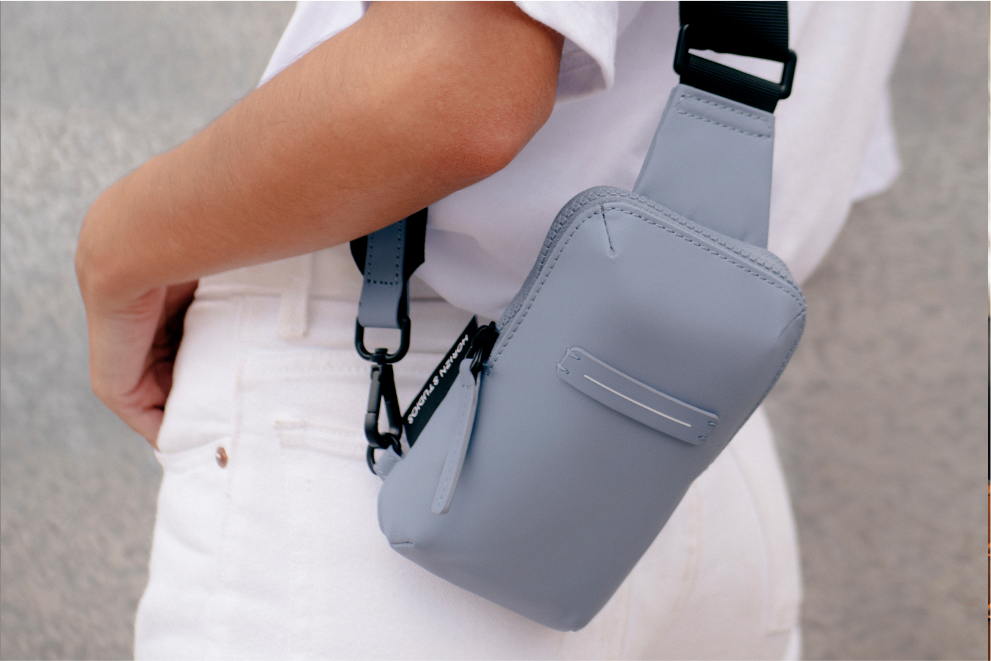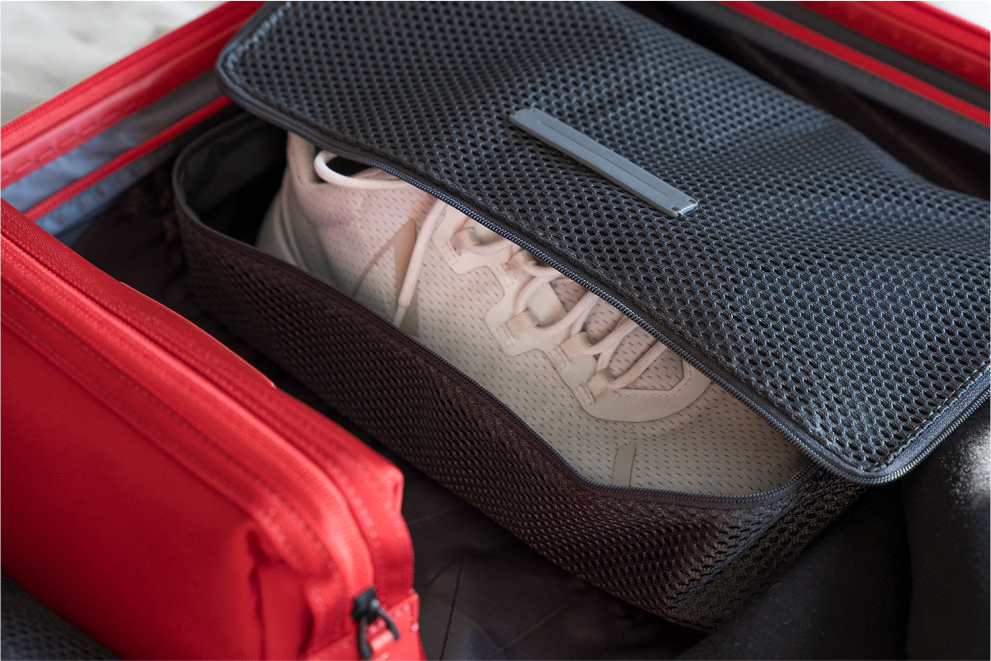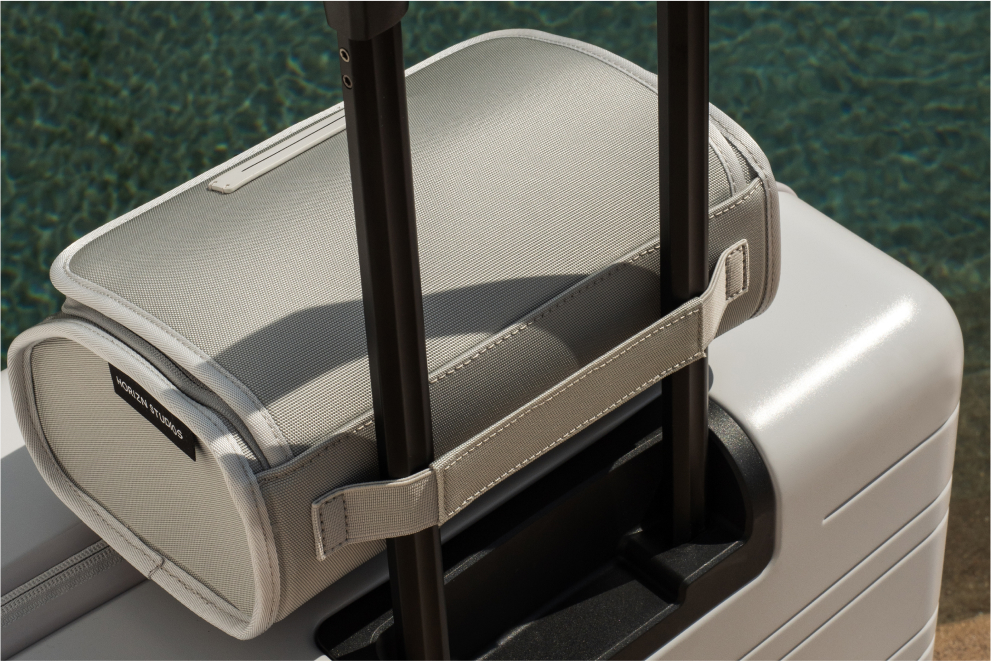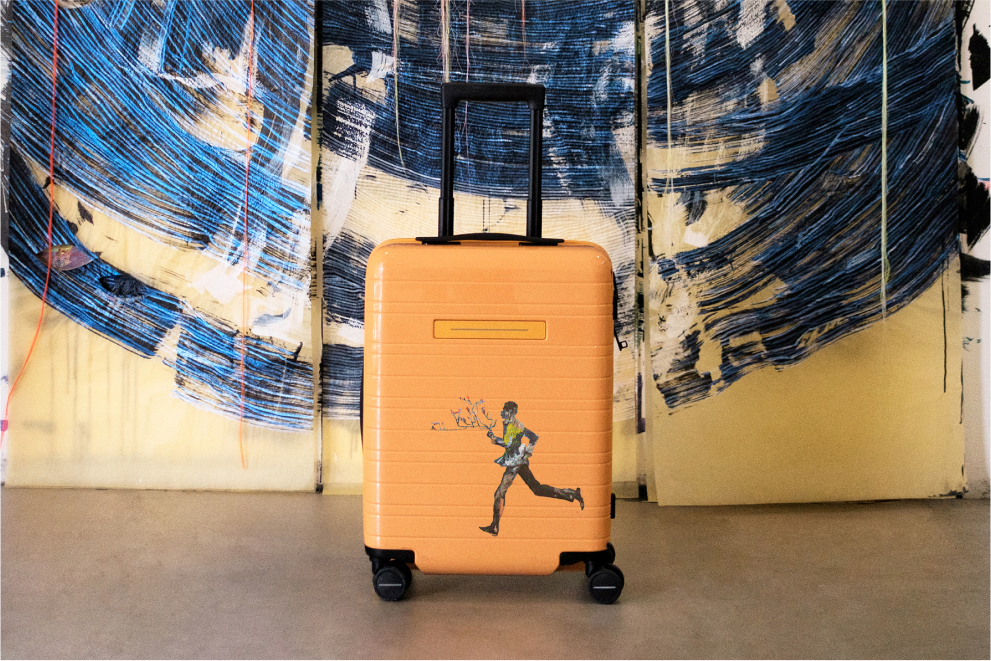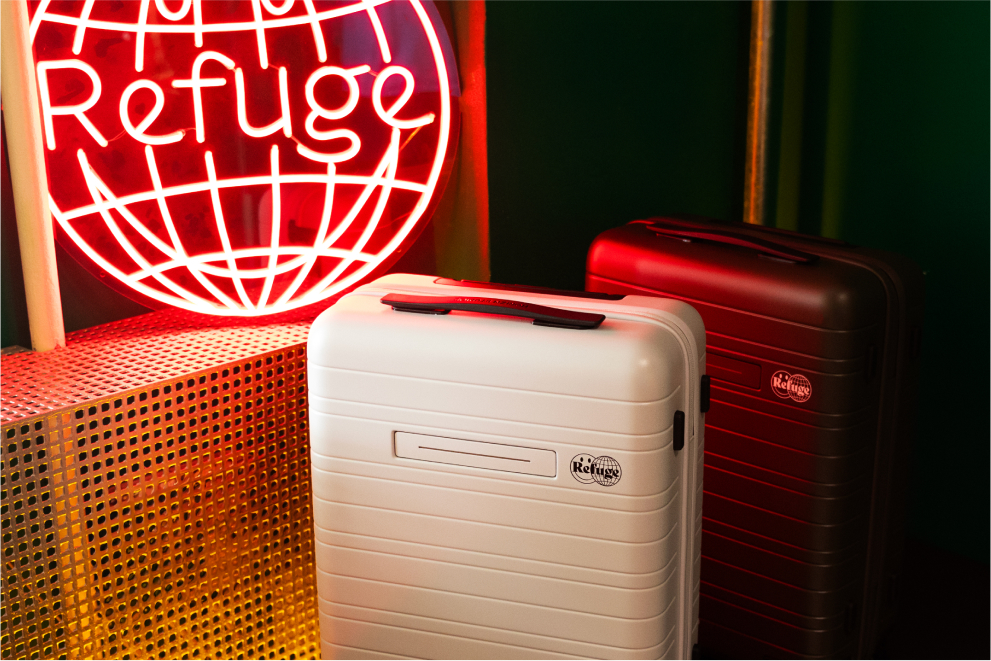7 Travel Tech Trends to Adopt in 2020
Travel technology has come a long way since commercial airlines really took off in the 1920s. A century on, digital innovation is supporting and enhancing the way we journey around the world. We’ve visited boundary-pushing airports, masterminded a smart suitcase, tested new gadgets and found the super-apps that will change the way you travel in 2020.
Hands-free travel
The days of visiting a high-street travel agent feel like a distant memory thanks to the advancement of smart speakers, and apps powered by artificial intelligence.
It’s estimated that between 10% — 30% of households across Europe and the US use smart speakers such as Google Home and Amazon Echo, and this is forecast to grow to 75% by 2025. Several airlines, hotels and travel operators are jumping on this trend, offering voice-enabled booking, check-in and flight information to make your transition from A to B as hands-off as possible.
Marriott has teamed up with Amazon to equip hotel rooms with Echo devices, which can be used to order room service, housekeeping and more. Travellers with Alexa-enabled gadgets can book car rental and hotels through Expedia. Meanwhile, those with Google Home, smartphones or smartwatches can call on Google Assistant to track flight prices, check traffic updates, convert currency, book flights and act as a virtual travel guide.
Apps get a super upgrade
Take a peek at the phone of an in-the-know traveller and you’ll likely see a vast array of travel-related apps – most airlines have their own, as do travel agencies, train lines, hotels and the like. By the time we’ve found the icon we need, our jet-lagged brains and scrolling fingers can feel weary.
Enter: super apps. A survey by global travel data provider OAG reveals that the modern traveller wants one app that can be used to track flight statuses, security wait times, make payments, order gate-side food delivery and suchlike. Last year, Uber announced that it plans to become “the operating system for everything in your life”, yet it is (perhaps unsurprisingly) predicted that Google will be the frontrunner in the super-app field as it progressively introduces more and more (and more) consumer-friendly features.
Innovative airport experiences
Technology is changing the way we spend our time waiting for flights, whether that’s in the form of sleep pods or science-backed wellness therapies in the lounge. If you’re swinging by Sydney, boost your skin’s moisture levels at Endota’s Light & Hydration Studio, or book in for a speedy three-minute cryotherapy facial if you’re travelling through US airports such as JFK, Dallas-Fort Worth, San Francisco and Atlanta. Meanwhile, the shower suites in Perth’s transit lounge are fitted with therapeutic blue lights that can help reset travel-weary body clocks in just 15 minutes.
Speaking (and eating) the same language
Supporting more than 100 languages, Google Translate and similar apps have been helping to break down communication barriers for years. Now, several apps are taking our conversations to the next level. Globetrotting gourmets should check out Waygo, which makes ordering bibimbap in Seoul and bánh mì in Hanoi extra easy due to its ability to translate menus written in a number of Asian languages. Once the translation is complete, the app – which works offline – serves up a series of pictures and explanations of each dish so you can be sure of exactly what it is you are ordering.
Suitcases are getting smarter
Harnessing some of the latest technology, our luggage comes packed with features to help the 21st-century traveller get the most out of their trip. The worlds first luggage with removable chargers and two USB ports mean your phones and gadgets will never be stuck on zero battery. There are also a host of apps to help you pack smarter. Try Packr, which predicts what the weather will be like at your destination and suggests a checklist based on a number of customisable filters.
Capture all the action
Drones are becoming increasingly lighter and smaller, without compromising on quality, which is a win-win for those who want to document their travels from a whole new perspective without having to check in an extra case crammed with recording gear. Launched in late 2019, the Mavic Mini weighs just 249g (for perspective: that’s lighter than a can of Coke) and boasts a 30-minute flight time, 4km HD video transmission and 2.7K camera. More options for film fanatics include GoPro’s latest accessories for its HERO8 Black, including the Media Mod for budding travel documentary directors and the vlogger-friendly Display Mod – it’s the ultimate selfie stick for content creators.
Gadgets to go
Remote workers and digital nomads will welcome the latest generation of smart web cams, designed with crystal-clear conference calls in mind, while 3D-printed DoubleTake binoculars are a must for that safari you’ve been dreaming about. Its 10x digital zoom takes you into the heart of the action, plus the camera can shoot high-definition video and photos, which can be uploaded to social media via an app.
For some slightly more left-of-field innovations, how about socks that don’t need to be washed? Danish brand Organic Basics uses anti-microbial silver (just like Nasa) to keep bacteria at bay – perfect for minimalist packers. What’s more, every garment is ethically made from recycled materials, which is good news for eco-conscious travellers. Meanwhile, car manufacturer Citroën has come up with a solution to motion sickness: its Seetroën glasses have frames filled with moving liquid to help passengers feeling perky after just 10 minutes of wearing.
